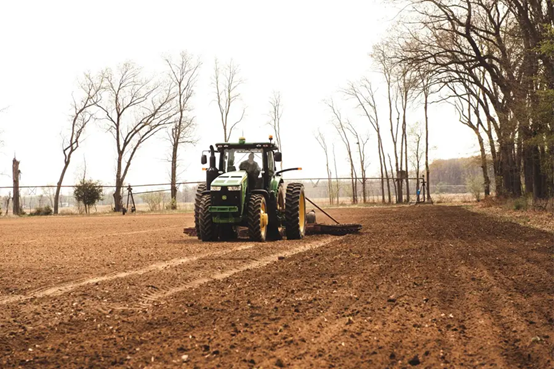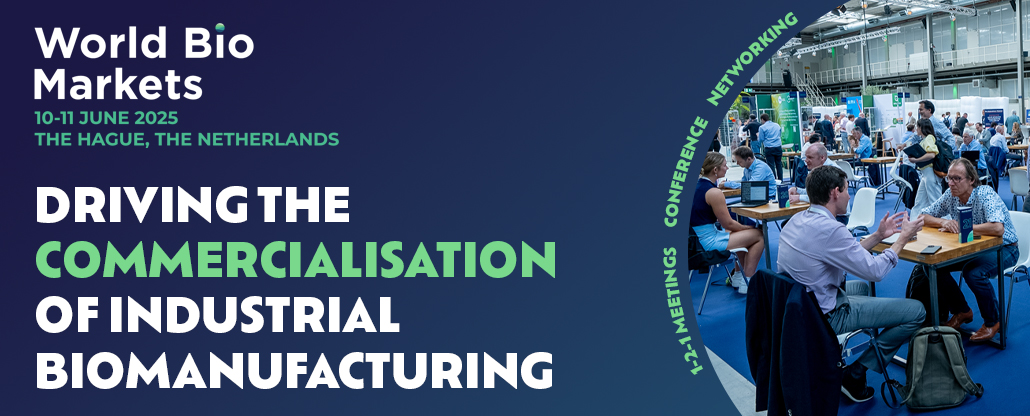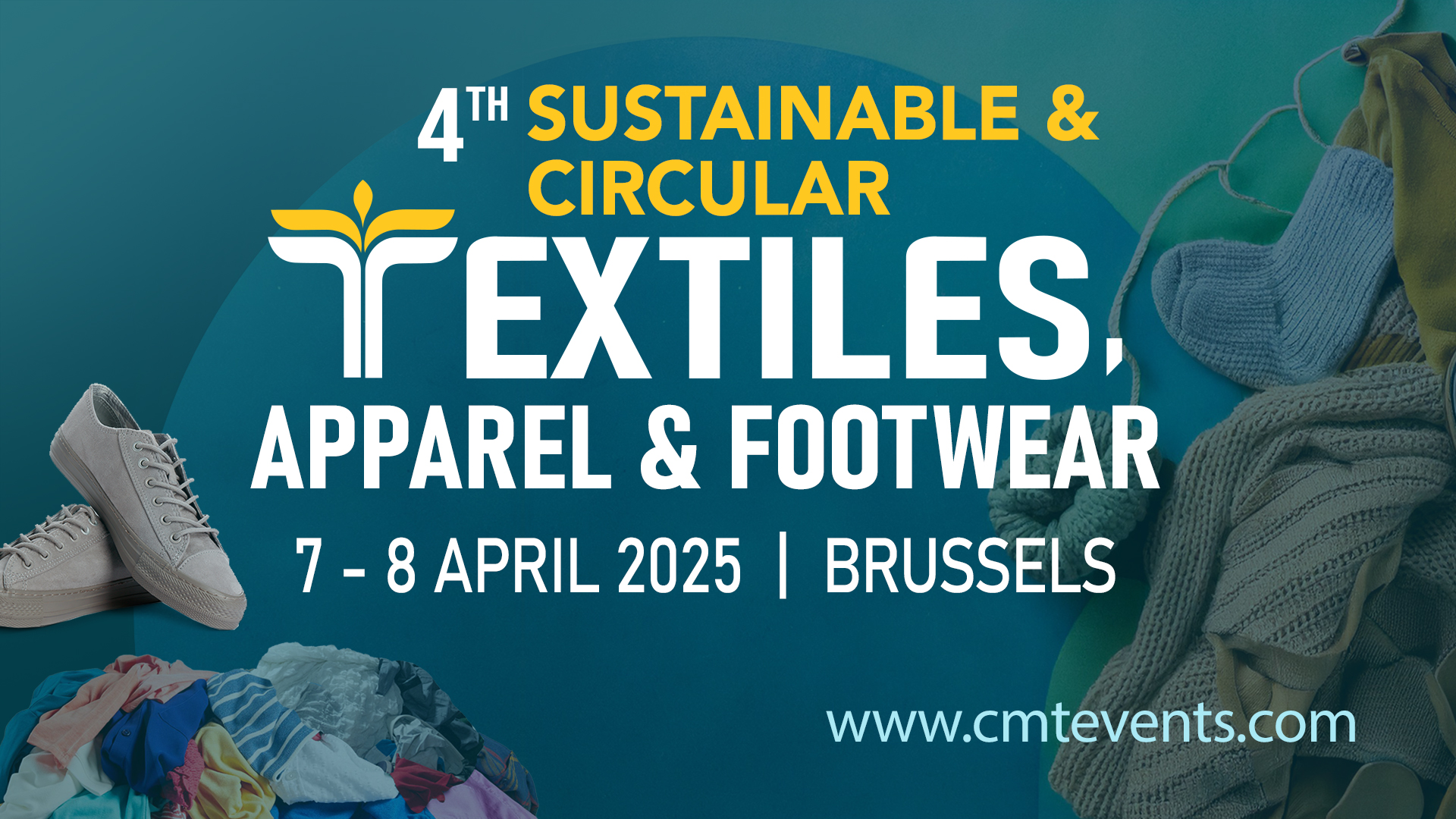Heartland is making hemp fiber the go-to high-performance carbon-negative additive in plastic manufacturing. We spent 5 minutes with Heartland CEO and founder Jesse Henry on how his company is changing the plastic, manufacturing, and industrial hemp industries.
Compared to conventional plastics, hemp-filled resins are stronger, lighter, cheaper, and more sustainable. The US plastics industry emits 232 megatons of greenhouse gases per year, meaning that sustainable, high-performance solutions like hemp can make or break environmental targets. Sustainability mandates at large manufacturers are driving carbon footprint reduction targets. Heartlands hemp additives are easy, drop-in solutions for companies that manufacture with large amounts of plastic.
Although hemp’s material properties are well known, nobody has managed to scale production. Heartland’s team is trying to change this by setting up America’s first-ever industrial hemp supply chain. After 2022, Heartland estimates that it will be able to process more than 100, 000, 000 pounds of hemp additives. They believe that manufacturers will switch to sustainable high-performance materials if a reliable supply chain offers cost-competitive products.
Heartland also prides itself on its Made-In-America ethos. All stages of its cultivation and manufacturing occur in the US. Jesse thinks that hemp materials represent an exciting merger between American farming and American manufacturing. Heartland is working with some of America’s largest manufacturers to lead the movement toward green materials.
Please give us an overview of your products and why your customers use them.
Our products are hemp powders and pellets that we sell to plastic compounders. For product development, we frequently work with OEMs (Original Equipment Manufacturers), and the manufacturers that support them.
Our customers use these products for dozens of reasons. But, most notably, all of our customers have sustainability mandates to reduce their carbon footprint by a certain percentage over the next 5-10 years. To effectively reduce the carbon footprint of a manufacturing operation, there needs to be a reliable supply chain of high-performance carbon-negative raw materials. Heartland gives manufacturers a path to exceed their sustainability mandates without compromising strength, weight, or price. We call this ‘sustainability without compromise.’
What, in your opinion, are the biggest misconceptions about biomaterials like hemp?
There are tons of misconceptions about biomaterials and hemp. Here are just a few.
● Biomaterials do not have a place in manufacturing supply chains.
● Mined and synthetic materials are the only supply chains that can support the needs of manufacturing.
● There is a cost compromise when transitioning to biomaterials.
● There‘s no proof that these materials work.
Hemp has been proven to be a really strong natural fiber over the past 10,000 years. A strong team of people just needs to step up and build a reliable supply chain.
What makes your business unique within the hemp industry?
Heartland specifically focuses on engineering hemp as an additive to polymers (plastics, rubbers, and foams). We don’t play in hempcrete, animal bedding, textiles, or any of the other markets. At least, not today.
We solve problems for compounders and manufacturers that use a lot of polymers. This means that Heartland turns away or refers a lot of its inbound leads that are looking for hemp-based solutions outside our scope.
Part of our thesis is: ‘if you try to be everything to everyone, you end up becoming nothing to no one.’ There are too many people in the hemp industry who will try to fulfill any contract they can get their hands on. The world doesn’t need more hemp companies like this.
The ‘everything to everyone’ methodology creates a transactional sales environment. This creates an organization of ‘order takers’ that are willing to shift their processes to be able to take any hemp contract.
We’re focused on engineering hemp as an additive. Today, that’s for plastic, rubber, and foam. We already have projects underway that expand the applications of our hemp additives into other raw materials. Our process focuses on data-driven product development and marketing initiatives that make our position in the market unreplicable.
What is/are the biggest challenge/s to the adoption of your products and how is your company trying to address this?
The challenge with product adoption is product development timelines.
Testing biomaterials in manufacturing is a nuanced process. Heartland has figured out how to streamline this process to get manufacturers the information and materials they need to succeed.
One of the other challenges is scale.
For large companies to transition over to biomaterials, they need to have a reliable supply chain. That means millions of pounds (per customer) are required to transition sustainable materials into mass manufacturing.
Without a reliable supply chain, biomaterials waste time, money, and energy sitting in R&D labs at corporations and universities. Millions of dollars have been wasted testing biomaterials that will never see commercial application due to supply and processing constraints.
What role does scientific research play in your business and how do you work with researchers?
Most of the research we’re doing is kept close to our chest. But, broadly, Heartland is actively working with universities on graphene, seeds, fibers, plastics, and other product development opportunities. We’ve been fortunate to connect with leaders across engineering, chemistry, materials, and computer science to innovate our processes.
Over the coming years, our team is excited to share some of the material innovations that the world needs and deserves.
You recently entered a joint development agreement with Ravago Americas. What will this mean for your company?
The partnership with Ravago has been 18 months in the making. This partnership allows Heartland to help customers use hemp-filled recycled plastic across global supply chains.
Through this process, Heartland and Ravago will naturally cross-pollinate customer bases and marketing efforts. We’re already working on some exciting product development initiatives that are aimed at commercial programs that are grounded in sustainability mandates.
How is your Hemp4Soil program going to benefit the agriculture industry?
The Hemp4Soil project will help Heartland collect the earth’s most comprehensive dataset on industrial hemp farming and regenerative agriculture practices.
We plan to work alongside farmers in states across America who see industrial hemp making a huge, long-term impact on American agriculture.
One of the things we’re really focused on with the Hemp4Soil program is cross-correlating datasets by using both traditional and remote soil testing methodologies.
For traditional soil testing, we will be using the Haney test. For remote testing, we will be working with Cloud Agrinomics to remotely test carbon in the soil from multi-spectral cameras on satellites. On the back end, our systems will make sense of the data so that Heartland and the farmers we partner with can make more informed decisions.
Our partnership with the USDA will help drive regenerative agriculture practices across the American heartland for decades to come.
What are the long-term implications of Heartland for American farming and American manufacturing?
Heartland is developing resilient supply chains by creating the intersection between American farming and American manufacturing. Today, we are focused on developing this infrastructure locally, in Michigan. But, long term our focus is on developing a carbon-negative supply chain replication model. This is how we shift the foundation of American farming and American manufacturing.
Sustainability mandates from American manufacturers are driving demand for America’s high-performance agricultural products. The model that we are building at Heartland can be replicated across regions and biomaterials.
Through working with Heartland, farmers will have better soil, and manufacturers will have greener materials. But, more foundationally, Heartland is creating a new economic engine with a lower carbon footprint.
For more information on Heartland, feel free to visit www.heartland.io








